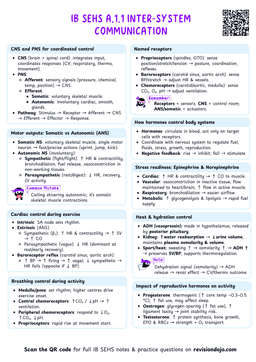Psychological Skills Training (PST)
What is PST?
Psychological Skills Training (PST) is a systematic approach to developing mental skills that enhance athletic performance and personal well-being. Think of it as a gym workout for your mind!
Just like physical training needs to be consistent and structured, PST requires regular practice to be effective.
Key Components of PST
1. Goal Setting
- Process Goals: Focus on improving specific aspects of performance
- Performance Goals: Achieving specific performance standards
- Outcome Goals: Winning or achieving specific results
A swimmer might set:
- Process goal: Improve stroke technique
- Performance goal: Reduce 100m time by 2 seconds
- Outcome goal: Win regional championships
2. Arousal Regulation
- Relaxation Techniques:
- Progressive muscle relaxation
- Deep breathing exercises
- Meditation
- Activation Techniques:
- Power words
- Dynamic stretching
- Energizing music
3. Imagery and Visualization
- Mental rehearsal of:
- Performance scenarios
- Successful outcomes
- Problem-solving situations
Athletes should engage all senses during visualization: sight, sound, touch, and even smell to make the experience more vivid.
4. Self-Talk
- Positive self-talk: Encouraging internal dialogue
- Instructional self-talk: Technical reminders
- Motivational self-talk: Building confidence
Many athletes focus only on positive self-talk while neglecting instructional self-talk, which can be equally important for performance.
Implementation of PST
Phase 1: Education
- Understanding the importance of mental skills
- Learning about different psychological techniques
- Recognizing personal mental strengths and weaknesses
Phase 2: Acquisition
- Learning specific psychological skills
- Practicing techniques in controlled environments
- Developing personalized routines
Phase 3: Practice
- Regular application of skills in training
- Integration into competition scenarios
- Refinement based on feedback
Start practicing PST during training sessions before implementing it in competitive situations.
Benefits of PST
- Enhanced Performance
- Better focus and concentration
- Improved stress management
- Increased confidence
- Mental Resilience
- Better coping with pressure
- Faster recovery from setbacks
- Improved emotional control
- Personal Development
- Better self-awareness
- Improved communication skills
- Enhanced decision-making abilities
Practical Applications
Pre-Competition
- Goal setting review
- Relaxation exercises
- Visualization of successful performance
During Competition
- Self-talk strategies
- Arousal regulation
- Focus control techniques
Post-Competition
- Performance evaluation
- Mental recovery strategies
- Goal adjustment if necessary
Keep a PST journal to track progress and identify which techniques work best for you in different situations.
Effectiveness Factors
- Individual differences in response to techniques
- Consistency of practice
- Quality of instruction and guidance
- Integration with physical training
- Support from coaches and team
PST should be tailored to both the individual athlete and their specific sport requirements.


